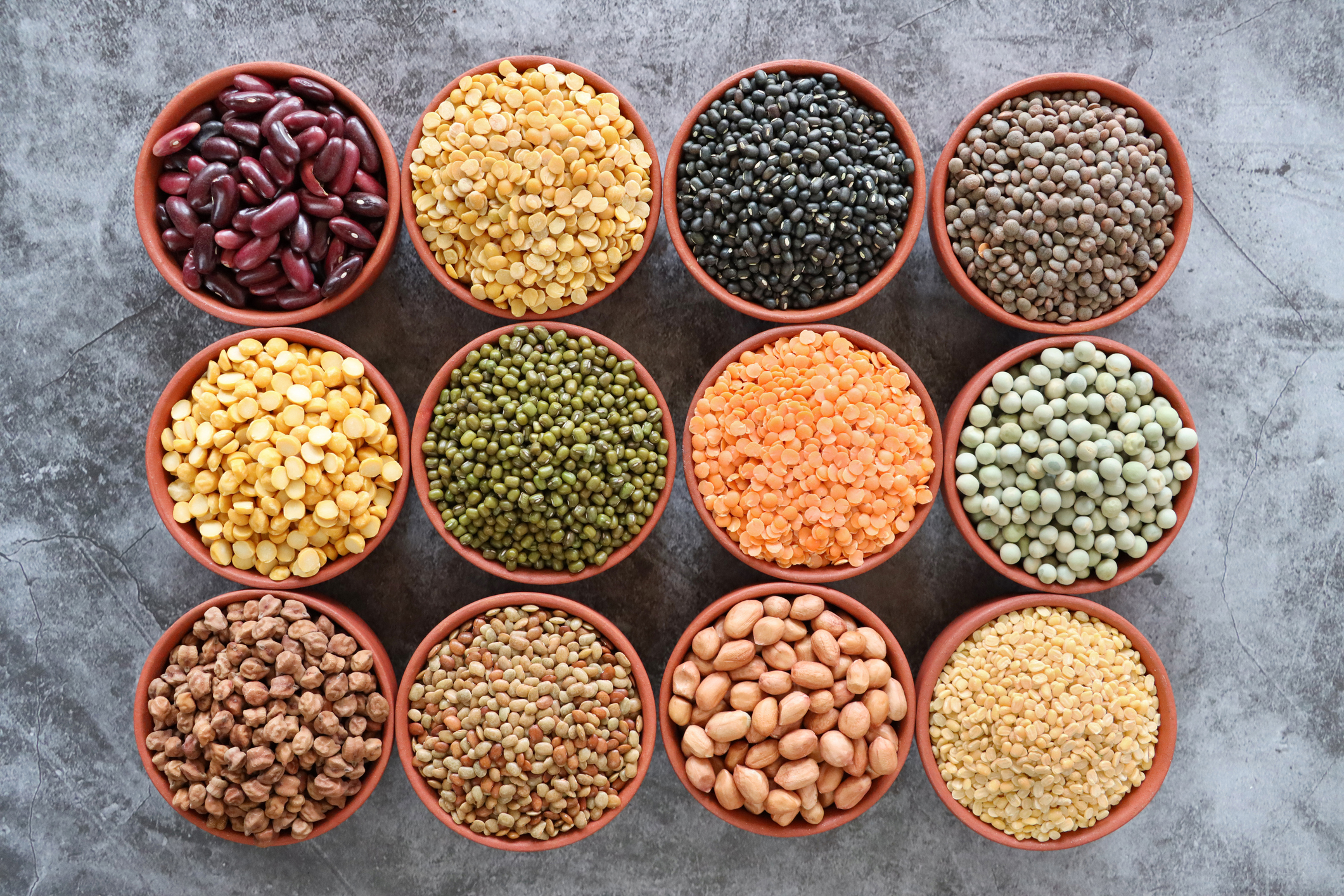The central government has introduced a series of measures to stabilize prices and ensure the availability of essential food items. These efforts are aimed at maintaining consumer affordability while safeguarding farmer profitability. The strategy encompasses boosting domestic production, revising trade policies, and ensuring the alignment of market supplies with demand.
Recent policy initiatives, coupled with favorable weather conditions, are expected to support the production of key crops during the 2024-25 agricultural year. Tur (arhar) production is projected to rise by 2.5%, reaching 35.02 lakh metric tons (LMT), up from 34.17 LMT last year. Similarly, Kharif Moong output is expected to grow by 20%, reaching an estimated 13.83 LMT.
The government’s proactive steps have also bolstered onion production during the Kharif and late Kharif seasons, with Rabi onion sowing reported to be progressing well. Additionally, favorable climatic conditions have spurred optimism for a healthy potato yield this season, marking an improvement over the previous year’s output decline.
These initiatives have started reflecting positively on the country’s inflation trends. Retail inflation fell to 5.22% in December 2024, down from 6.21% in October. Food inflation also declined, dropping from 10.87% in October to 8.39% in December. On a broader scale, the average retail inflation rate for 2024 stood at 4.95%, significantly lower than 6.69% in 2022 and 5.65% in 2023.
This turnaround comes in the wake of challenges posed by two consecutive years of below-average monsoon rains. Adverse weather during the 2022-23 and 2023-24 periods had reduced agricultural output, including a sharp 20% decline in onion production and a 5% decrease in potato yields, contributing to price instability.
To mitigate such challenges, the government has focused on incentivizing domestic pulse production. Procurement limits under the Price Support Scheme (PSS) for Tur, Urad, and Masur were removed for 2024-25, enabling 100% procurement at Minimum Support Prices (MSP). The distribution of high-quality seeds and cultivation campaigns in non-traditional pulse-growing areas further aim to increase output.
To complement domestic efforts, the Centre extended duty-free import policies for pulses, including Tur, Urad, Masur, and Yellow Peas, until March 2025. Additionally, duty-free Chana imports were allowed from May 2024 through March 2025. Retail interventions, such as the sale of affordable dals under the Bharat brand, have effectively reduced the consumer price index (CPI) for pulses, which fell sharply from 19.54% in January 2024 to 3.83% by December.
In the onion sector, the government procured 4.7 LMT during 2024-25, paying farmers higher prices compared to the previous year. Buffer stock onions were released at controlled rates to manage market prices, while export restrictions were imposed to ensure adequate domestic supply. Despite these restrictions, improved yields allowed onion exports to rise from 0.72 LMT in September 2024 to 1.68 LMT by December.




















